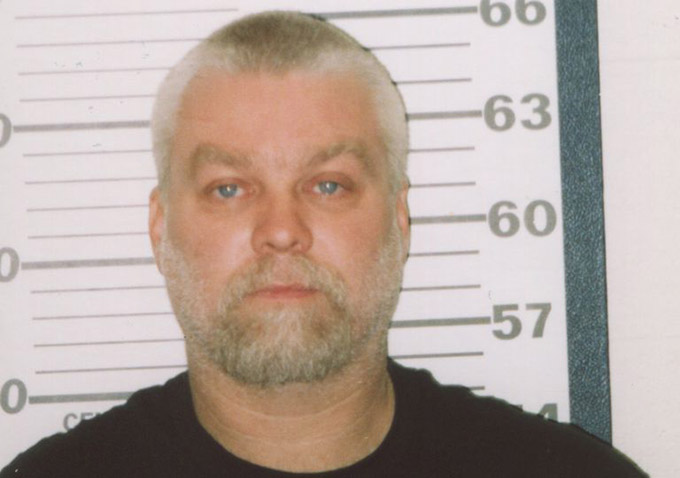By providing your information, you agree to our Terms of Use and our Privacy Policy. We use vendors that may also process your information to help provide our services. This site is protected by reCAPTCHA Enterprise and the Google Privacy Policy and Terms of Service apply.
What Happened When the Prosecution Turned Their Attention on the Filmmakers Behind ‘Making a Murderer’

READ MORE: Netflix’s ‘Making a Murderer’ Helps Generate Two Petitions to Free Steven Avery
Two months before Steven Avery’s trial for the murder of Teresa Halbach — a trial that would become the centerpiece of Netflix‘s brand new and very popular 10 part docu-series, “Making a Murderer” — and two months after filmmakers Laura Ricciardi and Moira Demos requested an interview with lead prosecutor Ken Kratz, co-director Ricciardi received an ominous phone call. It was the co-lead investigator of the Halbach case, asking where he could find Ricciardi so that he could serve her with subpoena for any footage related the investigation.
The filmmakers panicked, knowing that for all practical purposes, this subpoena had the ability to shut down their film.
 “We were two independent filmmakers,” co-director Demos told Indiewire in a recent interview. “We wouldn’t have had the money, and certainly it would have taken a ton of time to duplicate our footage, close to 300 hours of footage at that time, just to produce all of that for the state would have shut us down.”
“We were two independent filmmakers,” co-director Demos told Indiewire in a recent interview. “We wouldn’t have had the money, and certainly it would have taken a ton of time to duplicate our footage, close to 300 hours of footage at that time, just to produce all of that for the state would have shut us down.”
“We were not trying to investigate the Halbach case in any way, in fact we were being very careful to avoid any discussion of the case because we didn’t think that was our place,” explained Ricciardi. “The case was pending, the stakes were very high and we did not want to put anyone in jeopardy. So that wasn’t our role.”

 Do the filmmakers feel like Kratz was abusing his power, the way the series shows him doing with Avery’s case, and was actually trying to stop them from filming?
Do the filmmakers feel like Kratz was abusing his power, the way the series shows him doing with Avery’s case, and was actually trying to stop them from filming?
Ultimately, Judge Willis, who presided over the Halbach murder case, agreed with the filmmakers’ claim that the subpoena was baseless and quashed it, ensuring that the filmmakers enjoyed the same protection as other journalists.
Three months later, the “Making a Murderer” team was filming the trial and gathering a large portion of the material that would become the heart of Netflix’s latest hit and a bonafide pop cultural force.
By providing your information, you agree to our Terms of Use and our Privacy Policy. We use vendors that may also process your information to help provide our services. This site is protected by reCAPTCHA Enterprise and the Google Privacy Policy and Terms of Service apply.
Most Popular
You may also like

















